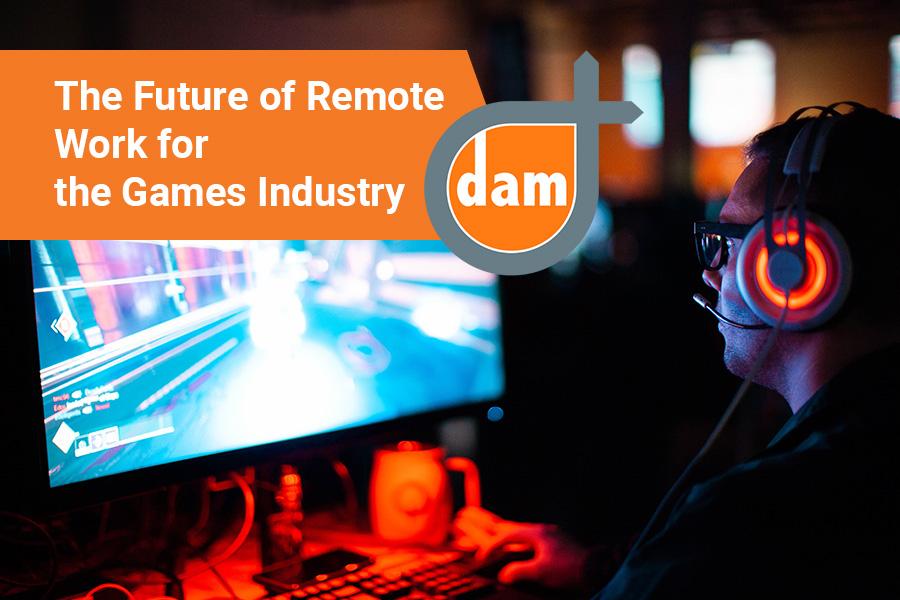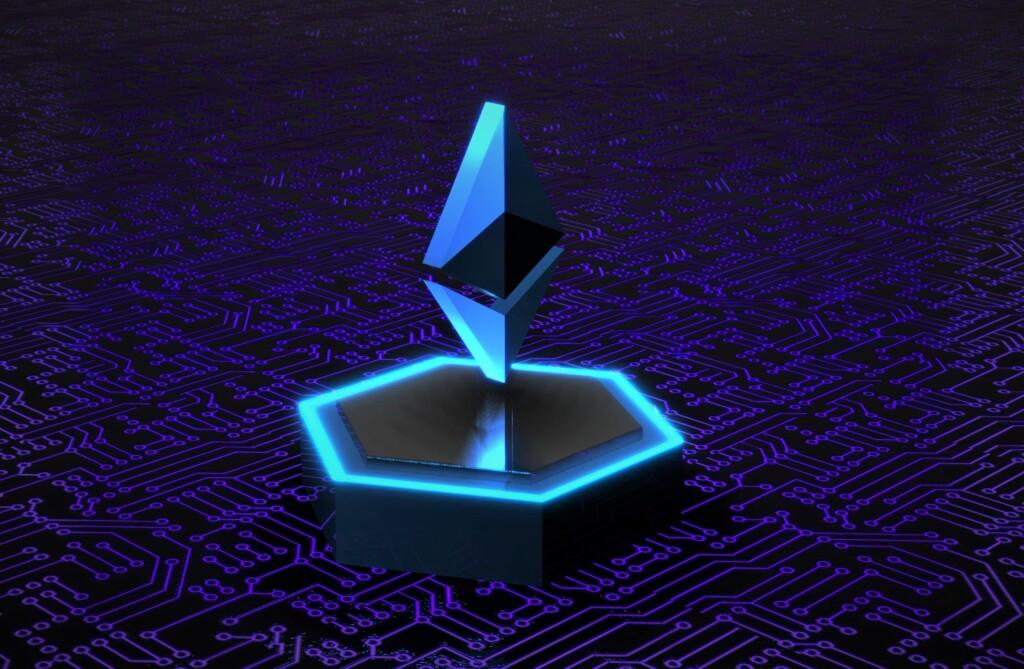Game developers have always tried to push technology limits to create the perfect player experience. The finest of details are shown on screen because of the advancements in computing power allowing for millions of pixels instantaneously using GPU’s. 3D graphics and visual effects are becoming more realistic and making for a more immersive gaming experience.
Due to technology advances and increased consumer demand for realistic games, 3D art and animation positions are growing at warp speed. As a result, game companies are willing to hire experienced talent living anywhere in the world. No longer are game companies limiting the parameters of a search to specific geographical location. The entire world is competing for talent.
Small Studio Domination
Game industry veterans, with proven track records of success, are being courted to build small, independent studios. Unfettered game developers, funded by venture capital or prominent game publishers, are now given the freedom to innovate and create unique player experiences.
Small studios control the creative process and their own products from conception to completion. This not only gives them the freedom to dance to the beat of their own drum, raising money, but it also lets them move development forward much faster. Once a game is ready for market, creators have the option of making it immediately available to gamers through sites like Steam. Without having to deal with all of the gate-keeping politics of larger gaming companies, indie studios, and independent developers can take game design in innovative new directions.
Extended Reality
Referred to together as “extended reality,” or XR, virtual and augmented reality and their hybrid forms are anticipated to become the major trend in video game development. Evolving technology like Epic’s Unreal Engine and Unity will allow for increasingly realistic virtual environments, and more sophisticated eye-tracking technology will permit even more immersive experiences. Extended reality gaming is already making inroads into games like the classic Dungeons & Dragons, where gamers can add character designs, maps, and sound effects. The Quest VR headset is already being programmed to allow players to move about the real world in an animated/real-world hybrid experience.
Increased Remote Opportunities
The enhanced demand for realistic games and technological advancements is driving the trend towards hiring game talent to work remotely. While the Unreal Engine software is best known for driving the company’s hit games such as Fortnite, Epic’s platform has become widely adopted across nontraditional industries outside the gaming sectors, such as film/VFX, simulation, and construction sectors.
As the field continues to evolve, jobs in video games will only continue to grow and open up new remote opportunities for both in-studio employees, as well as, freelance positions as gaming companies strive to compete in the world market. Studies by firms, such as Forbes and ADP Research Institute, have found that people who work remotely have better overall performance scores than those who work in an office setting. While the studies show that workers tend to take longer breaks when working at home, these same workers also tend to work more hours on the whole. This extra time equates to well over two full extra work days a month, as much as 20 hours in some cases, for remote workers.
Landing a Remote Job
While increased demand is opening up greater opportunities for remote gaming jobs, aspiring developers still must have the skill and training to qualify for a coveted position.
Education
Associates, Bachelors and Masters degrees from traditional institutions, as well as specialty schools, are all viable onramps to the games industry. Game development boot camps are excellent training grounds for aspiring developers. Internships are a great way to get some real-world on-the-job training but these opportunities are few and far between.
Salaries
Because game art and animation are highly specialized skill sets, salaries for remote video game jobs are some of the most lucrative in the gaming industry. Here are some sample salaries for various job titles:
- Lead/Principal Art Director: $175k – $250k USD
- 3D Environment Artist: $100k – $150k USD
- 3D Animator: $100k – $150k USD
- Technical Artist: $125K to $200K USD
Tips for Landing a Remote Job
1) Post Your Work
Posting your work on a personal website or an artist community site such as www.Artstation.com is a great way to get noticed.
2) Blog
Writing articles demonstrating your art and animation knowledge can result in an interview and even a job offer.
3) Develop Your Own Game(s)
The best way to get hands-on experience in any field is to actually do the work, and just because you don’t have a job doesn’t mean you can’t create a few games on your own.
4) Online Portfolio
Set up an online portfolio that includes your resume, all your education, training, work experience, and any games you have built. Also, include a link to any blog posts you have written.
5) Take an Entry-level Job or an Internship
While most entry-level game design jobs most likely won’t be a position you dream about, taking a low-skill, low-paying job may lead to the one you want with the same company or another.
While breaking into the video game industry can seem like a Sisyphean task, the perseverance will pay off. This can be done in a variety of ways and can be as simple as just getting a studio or recruiter to take note of your ability.
DAM is the top recruiting agency in the country, and, as the studios pay their fees, there is never a charge to candidates. Visit DAM at DamAgents.com for more information.





